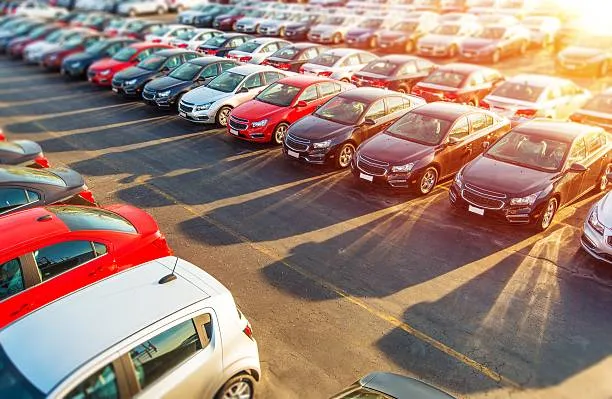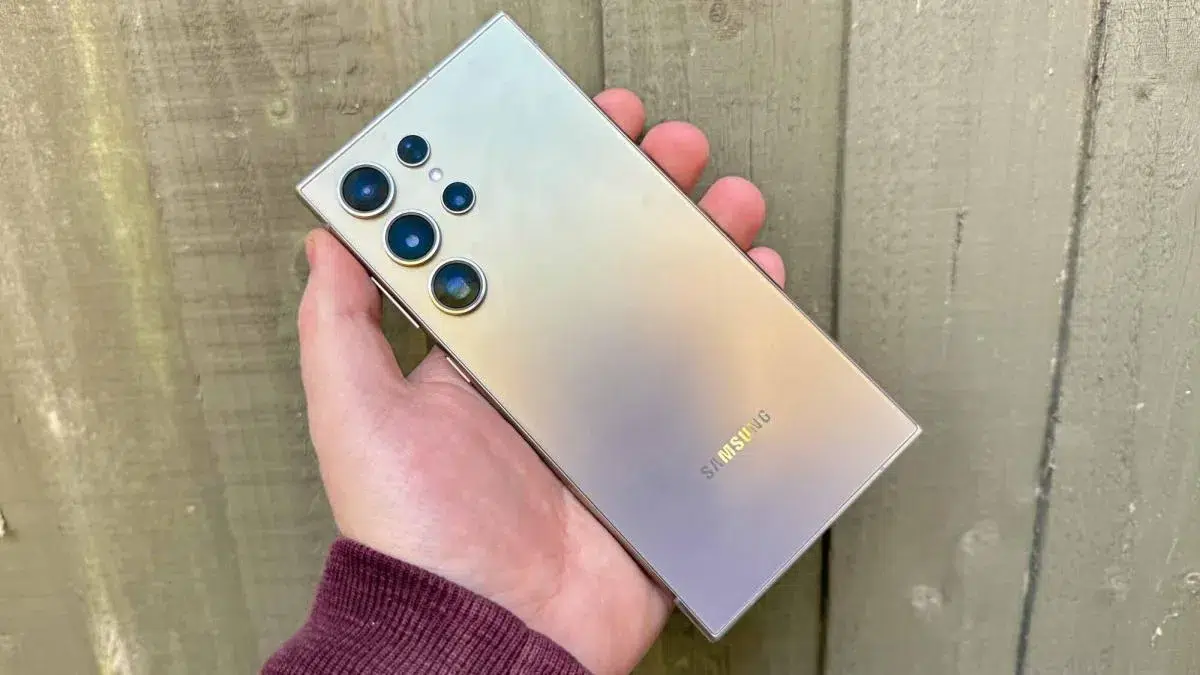Cars Becoming a Luxury: Why Working-Class Nigerians Can No Longer Afford Them

Imagine a time when a brand-new Volkswagen Beetle cost just N3,000, and companies gave fresh graduates new cars as part of their job perks. Sounds like a dream, right? Well, that was the reality in Nigeria in the late 1970s, as shared by a facilitator at a recent corporate training session. “Those were the good old days,” he said with a nostalgic smile.
Fast forward to today, and the story is very different. Buying a brand-new car with honest earnings is now a luxury few can afford. Even the era of fairly-used imported cars (Tokunbo) is fading away. Now, the spotlight is on Nigerian-used cars—vehicles that have been driven on Nigerian roads and are sold at relatively lower prices.
Why Nigerian-Used Cars Are the New Trend
With the skyrocketing prices of new and Tokunbo cars, many Nigerians are turning to Nigerian-used cars. These cars are often sold in unconventional places like streets, mechanic workshops, and even outside homes. Sellers usually place a bottle of water on the car’s roof to show that the car is “for sale.”
Companies like Car45, Automania, and CarsToday have also sprung up, offering Nigerian-used cars to buyers. These businesses were created to take advantage of the weak naira, high exchange rates, and the tough economic situation.
The Reality of Nigerian-Used Cars
While Nigerian-used cars are cheaper, they come with their own set of challenges. Many of these cars are second-hand or even third-hand, and they are often in poor condition due to bad roads and lack of maintenance. Despite this, they are still expensive.
For example:
- A 2003 Toyota RAV4 (Nigerian-used) sells for around N4 million, while the Tokunbo version costs at least N7 million.
- A 2010 Toyota RAV4 (Nigerian-used) can cost between N6.6 million and N18 million, depending on its condition and mileage.
- A 2022 Toyota RAV4 (Tokunbo) starts at N30 million.
What Auto Dealers Are Saying
Auto dealers are feeling the pinch of the current economic situation. Nuhu Ismaila, a dealer in Abuja, explained that the high cost of Tokunbo cars is forcing many dealers to focus on Nigerian-used cars.
“We buy Tokunbo cars from Lagos, but the prices are too high. Nigerian-used cars are cheaper, and buyers know the conditions of these cars,” he said.
Emeka Nwokoye, another dealer in Abuja, said the Nigerian-used car business is booming because of the economic hardship. “Civil servants are my major customers. They sell their old cars and buy newer Nigerian-used ones,” he added.
Why Are Cars So Expensive?
Several factors are driving up the cost of cars in Nigeria:
- High Import Duties: The government charges 20% import duty and 15% levies on cars, making it expensive to import vehicles.
- Fluctuating Exchange Rates: The dollar now costs over N1,600, and this instability makes it risky for dealers to import cars.
- High Landing Costs: Port charges, customs fees, and other taxes add to the cost of imported cars.
Johnson Eremuye, an auto dealer in Lagos, explained, “The auto business is riskier now. Many dealers are diverting to grocery and real estate because of the high costs.”
What Does the Future Hold?
Many believe the Nigerian-used car market will continue to grow as long as the economy remains unstable. Marcel Gemade, a lawyer, shared his experience: “I bought my fairly-used SUV for N4 million seven years ago. Today, the same car costs N17 million. Nigerian-used cars are the only option for many people.”
Possible Solutions
To address the high cost of cars, Olushola Adenuba, an economist, urged the government to create favorable policies for local car manufacturers like Innoson Motors. He also suggested that the government and banks could partner to offer easy car purchase plans.
The shift to Nigerian-used cars reflects the broader economic challenges in Nigeria. Grace Ajayi, an accountant, recalled how employers used to give cars as incentives when graduates were few. “Now, there are thousands of graduates competing for one job. Employers no longer offer such perks,” she said.
Andrew Orakwe, a pharmacist, blamed the government for failing to grow the economy. “Every forward-looking government plans for the future. Nigeria’s economy has remained stunted, and that’s why we’re in this situation,” he said.
Conclusion
The rise of Nigerian-used cars is a clear sign of the tough economic times in Nigeria. While they offer a cheaper alternative to new and Tokunbo cars, their poor condition and high prices remain a concern. For now, they are the only option for many Nigerians who need a car but cannot afford the high costs of imported vehicles.
Until the economy improves and policies change, Nigerian-used cars will likely remain the go-to option for many car buyers. It’s a tough reality, but for now, it’s the best many can do.



